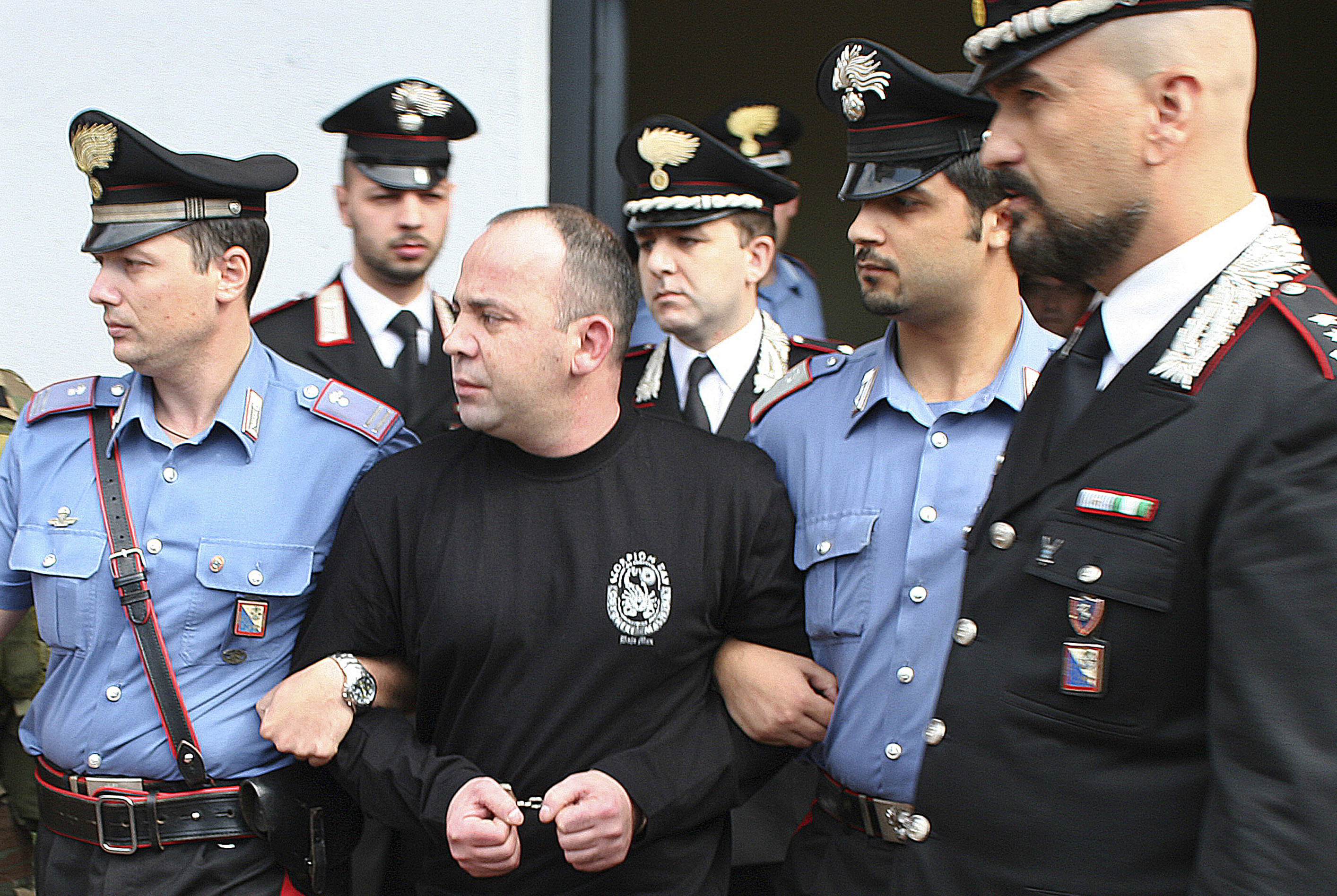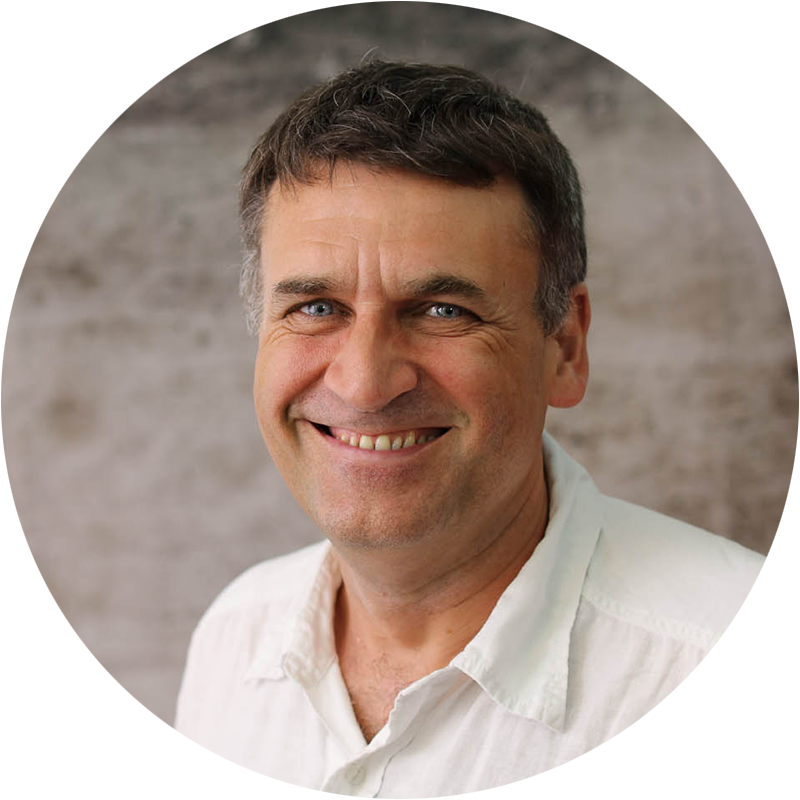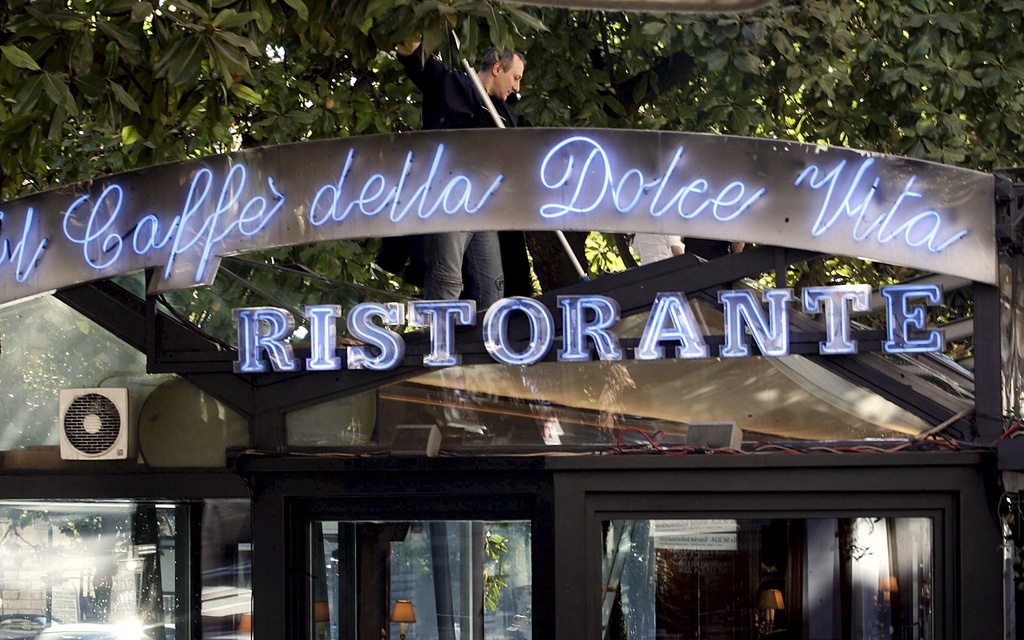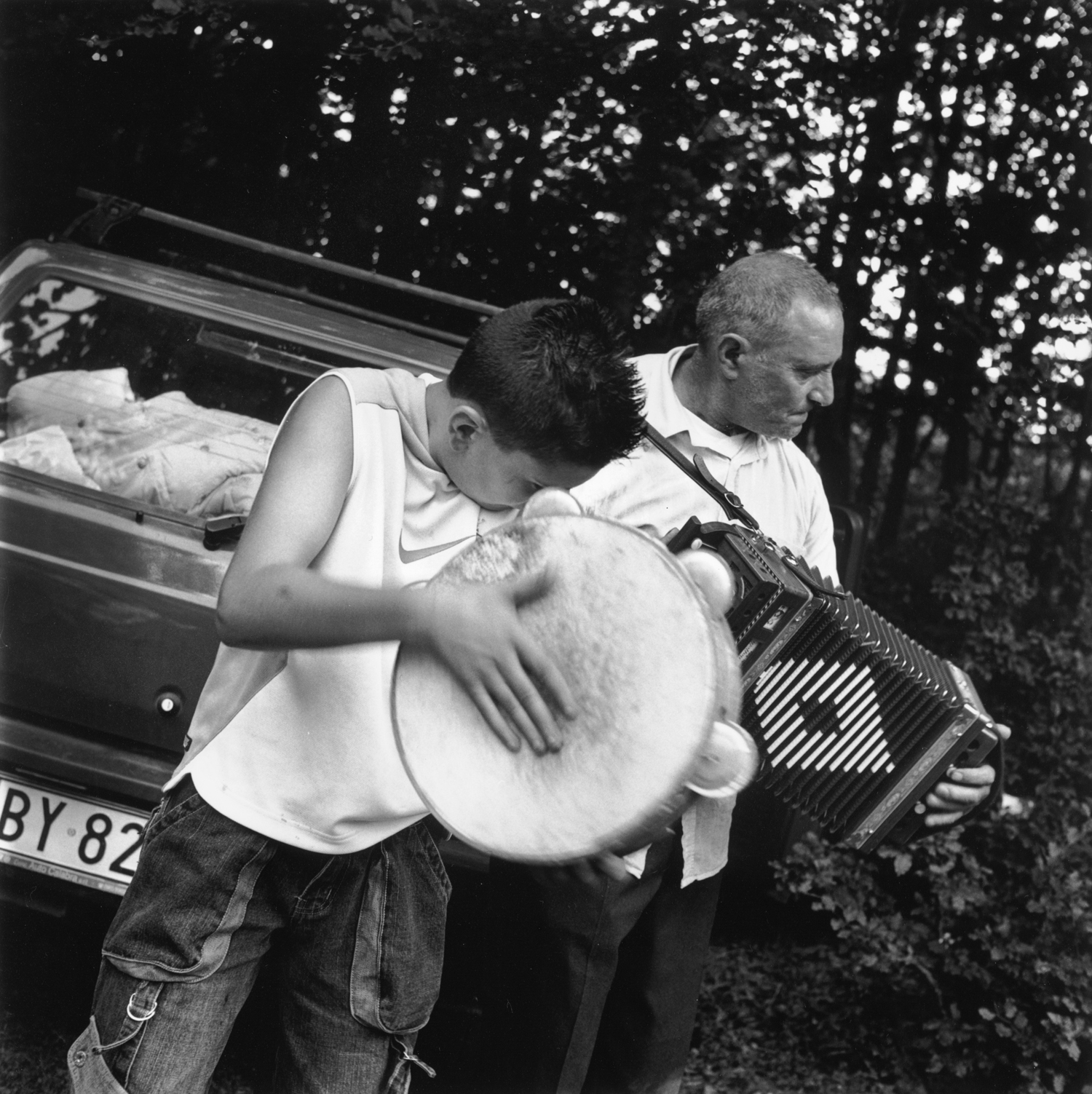“Unify European law to combat mafia” says expert

European countries including Switzerland should harmonise anti-mafia laws and introduce decisive measures to freeze and confiscate assets if they are to have any hope of defeating the notorious Italian criminal clans, an expert says.
Francesco Forgione, author of Exporting the Mafia: How the ‘Ndrangheta, Cosa Nostra and the Camorra colonised the World (2009) and former head of the Italian parliamentary anti-mafia commission from 2006-08, tells swissinfo.ch that mafia groups – in particular the ‘Ndrangheta – are now comfortably installed in all quarters of the world, trafficking colossal amounts of drugs and money.
Europe, says Forgione, has to face up to the fact that the operations of the ‘Ndrangheta, which has come under intense scrutiny since the parliamentary commission’s investigation, are no longer confined to the southern Italian peninsula.
swissinfo.ch: What was it that made the ‘Ndrangheta so powerful as to squeeze the Sicily’s Cosa Nosta and the Naples Camorra out of the top spots on the list of the most powerful criminal organisations?
Francesco Forgione: It benefited from two things. First it piggybacked the mass Calabrian immigration throughout the world and used it to implement a policy of virtual colonisation of different regions. Unlike other mafia organisations, when the Calabrians of the ‘Ndrangheta arrive somewhere, they aren’t content to just launder money, but they also set up organised structures strategically linked to Calabria.
The second factor is the capacity of the ‘Ndrangheta to stay under the radar. It has never taken on the Italian state, never committed murders like those of Falcone and Borsellino [two anti-mafia judges assassinated by the Cosa Nostra in 1992], never threatened important politicians. The governing classes and the intelligence world must also bear some of the responsibility because they never wanted to see what was in front of them.
All that allowed the ‘Ndrangheta to accumulate capital, to increase its strength without really being opposed, and to take advantage of the opportunities offered by globalisation.
swissinfo.ch: Such as?
F.F.: There were at least two. The first was the ability to move capital from one part of the world in real time and without controls. And the second was the transition of the heroin market, which for decades had been under the exclusive control of the Sicilians, towards cocaine. The Sicilians weren’t ready for this change, while the ‘Ndrangheta positioned themselves as the big international negotiator, especially for the traffic between South America and Europe.
In this way the ‘Ndrangheta was able to acquire massive power, not only at a criminal level, but also at an economic and financial level. That’s why the world today considers the ‘Ndrangheta more dangerous than the other two mafia organisations.
swissinfo.ch: Despite its capacity to live in the shadows, the ‘Ndrangheta has found itself in the spotlight in recent years. What happened?
F.F.: The ‘Ndrangheta made the biggest mistake it possibly could when it went ahead with the Duisburg massacre [the killing of six Calabrians in a German town in 2007]. Europe focused then on a mafia group that had managed to keep a low profile.
Add to that the work of the anti-mafia parliamentary commission that I led. For the first time it its history – it was set up in 1964 – it published in 2008 a report entirely dedicated to the ‘Ndrangheta. Immediately afterwards, the United States Treasury placed the ‘Ndrangheta on its black list of global criminal organisations. The result was that not only investigators became interested in the organisation, but also institutions and public opinion.
swissinfo.ch: One thing that is surprising about the ‘Ndrangheta is its extremely modern side and its capacity to operate easily in the globalised world, all the while preserving its ancestral customs internally…
F.F.: I believe that is the central element to its strength. This strong dimension of identity, with its customs, its relationship with religion, its sense of belonging, allows it to always be surrounded by a powerful code of silence. At the same time, it has a major entrepreneurial capacity, it knows how to use all the opportunities of globalisation through a middle class which is not bound to the ‘Ndrangheta itself, but to the economic force it represents.
swissinfo.ch: How are Switzerland and other European countries used? Are they simply bases for laundering money or also places to install illegal operations?
F.F.: Both. Compared to other European countries, Switzerland has another problem apart from the well-known financial reasons owed to its banking system. Switzerland has a border with Lombardy, the region where the ‘Ndrangheta exercises a kind of control which Milan magistrates have likened to Calabria. It’s gotten to such a point that, like their Calabrian counterparts, the entrepreneurs involved in the rackets refuse to denounce or testify.
Over several years, the prevailing dogma in Switzerland and Europe was that when mafia money arrived, the mafia itself didn’t. But exactly the opposite happened. Mafia groups have a negative influence on the region and on the transparency of the relationship between the economy, business and credit systems.
swissinfo.ch: Is there a risk of violence in Switzerland?
F.F.: I don’t think that the ‘Ndrangheta are that stupid. The main violence is the one which they exercise with their capital over economic transparency. I don’t think we’ll see a repeat of the Duisburg massacre. It caused too much trouble and they know it.
swissinfo.ch: At a legal level, what should Switzerland and other European countries do to fight the power of the mafia more effectively?
F.F.: Efforts must be made to unify anti-mafia legislation and by doing so, extend the offence of mafia association to all European jurisdictions.
We also need measures to freeze and confiscate assets, as is the case in Italy. There needs to be mutual recognition of these procedures. Mafia criminality needs to be treated if not on a global level, at least on a European level.
Born in 1960 in Catanzara (Calabria), Francesco Forgione was editor and managing director of the daily publication Liberazione.
He rose through the ranks of the Communist Refoundation Party and was elected to the Italian parliament in 2006. During the XVth legislature (2006-08) he led the parliamentary anti-mafia commission.
Recently he joined the Left Ecology Freedom party. He is the author of several books about organised crime in Italy.
In a study published in 2008, the Erispes Research Institute, one of the most influential in Italy, estimated ‘Ndrangheta’s global turnover at around €44 billion (SFr52.8 billion). The sum is the equivalent to 3 per cent of Italy’s gross domestic product and puts the ‘Ndrangheta on the same level as multinational companies such as Renault, Novartis and Nokia.
Nearly two thirds of its revenue comes from drug trafficking (€27 billion) and the rest from public markets, prostitution, extortion and arms trafficking.
The turnover of the four major Italian criminal organisation (Cosa Nostra, ‘Ndrangheta, Camorra and Sacra Corona Unita) is estimated around €130 billion.
In its 2008 report, the Italian anti-mafia parliamentary commission compared the ‘Ndrangheta to “a sprawling private structure with a strategic direction, but characterised by the kind of organic intelligence similar to that of Al-Qaeda”.
The commission said investigations into the ‘Ndrangheta are amongst the most difficult. Strong family ties are still prevalent at the heart of the organisation and reinforced by a series of customs making infiltration operations extremely complicated. It is even more difficult to find people turn on them and testify.
In 2010, according to a report by the Italian National Anti-mafia Directorate, the ‘Ndrangheta was responsible for murdering 29 people, the Camorra (from Naples) 20, the Sacra Corona Unita (from Apulia) 15 and the Casa Notstra (Sicily) killed eight people.
(Translated by Sophie Douez)

In compliance with the JTI standards
More: SWI swissinfo.ch certified by the Journalism Trust Initiative



You can find an overview of ongoing debates with our journalists here. Please join us!
If you want to start a conversation about a topic raised in this article or want to report factual errors, email us at english@swissinfo.ch.